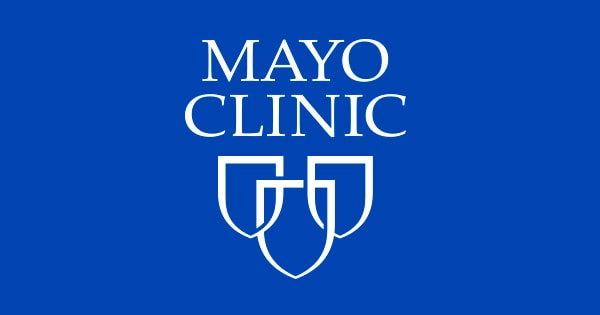Stomach cancer, also called gastric cancer, develops when cancerous cells form in the lining of the stomach. It often grows slowly over many years, and in its early stages, it may not cause obvious symptoms. This is why it's important to know the early signs — catching it early can make treatment more effective and improve survival rates.
1. Indigestion or Heartburn
Frequent indigestion, heartburn, or bloating can be one of the first signs. While these symptoms are common and often harmless, persistent discomfort that doesn't improve with lifestyle changes or over-the-counter treatments may be a warning sign. It’s especially concerning if this discomfort feels new or different from what you’ve experienced before.
2. Feeling Full Quickly
A sudden change in how much food you can eat before feeling full may be a subtle sign. People with early stomach cancer often report feeling “stuffed” after eating just a small amount of food. This feeling, called early satiety, can result from a tumor that affects stomach function.
3. Nausea and Vomiting
Occasional nausea or vomiting is not unusual, but persistent nausea, especially if accompanied by vomiting blood or a substance that looks like coffee grounds, may point to a more serious problem. This could suggest bleeding inside the stomach — a potential sign of cancer.
4. Stomach Pain or Discomfort
A dull ache or discomfort in the upper abdomen may be easy to overlook. However, if it persists, worsens over time, or interferes with daily life, it could be a sign of something serious. This pain might not be intense, but it can be persistent and unrelated to eating.
5. Unexplained Weight Loss
Losing weight without trying is a red flag for many types of cancer, including stomach cancer. If you notice your clothes getting loose or the number on the scale dropping without changes to your diet or exercise habits, talk to your doctor. This can be a sign that your body is fighting a disease.
6. Fatigue or Weakness
Feeling more tired than usual or weaker with no clear cause may result from internal bleeding or poor nutrition due to stomach issues. When a tumor bleeds slowly over time, it can cause anemia, leading to constant tiredness and weakness.
7. Blood in Stool or Black Stools
Blood in the stool or black, tarry stools can signal bleeding in the stomach. This is a potentially serious symptom and should never be ignored. It may indicate that a tumor is causing internal damage.
When to See a Doctor
Many of these signs can be caused by other, less serious conditions. However, if symptoms persist for more than two weeks, become more severe, or you notice multiple symptoms at once, it’s important to consult a healthcare provider. Early testing such as an upper endoscopy or imaging can detect stomach cancer in its early stages.
Conclusion
Stomach cancer is treatable, especially when caught early. Knowing the warning signs—such as indigestion, early fullness, stomach pain, and unexplained weight loss—can help you take action sooner. If something feels off in your body, don’t wait. Early care could save your life.
Reference link-—>https://www.cancer.org/cancer/types/stomach-cancer/detection-diagnosis-staging/signs-symptoms.html



